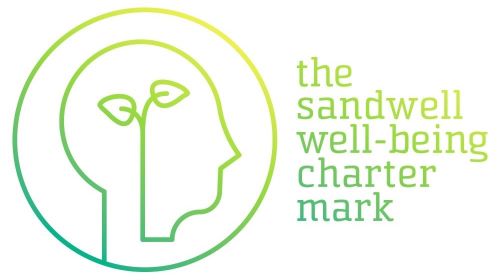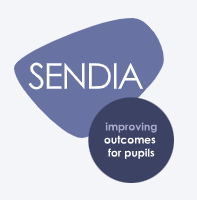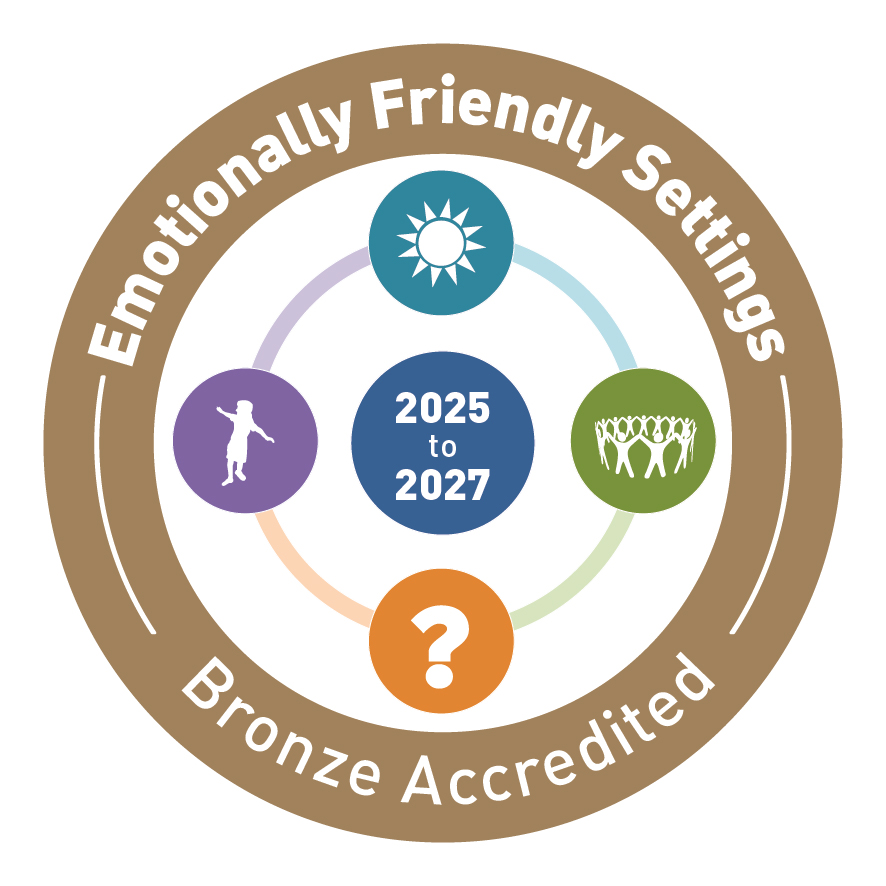In this school, every teacher is a teacher of reading.
‘There are lifelong consequences for adults who struggle with reading. According to the Organisation for Economic Cooperation and Development (OECD), 16% of adults in England have very poor literacy.
At this level, they will struggle to understand price labels, read instructions on medicine, make sense of timetables or fill in job applications.
Adults with low literacy are more likely to have fewer job opportunities and a lower income.’
(Ofsted 2022 ‘Now the whole school is reading’)
 |
 |
 |
Our Whole School Reading Policy
Reading Age Tests
Year 7-10 are tested 3 times a year; Year 11 twice. This will be done on pupils’ iPads, using Literacy Assessment Online, in their English lessons.
This assessment will identify their reading age and their spelling age.
This will be communicated at home through the reporting cycle, 3 times a year, and shared to all staff on 'my marksheet' via Arbor, so that they know who might need additional support with access to texts and reading in the classroom.
How do we support readers

Literacy/reading lessons
Years 7 and 8, will have a timetabled literacy/library lesson, once per week (and for Year 9, this is once a fortnight).
They will use iPads in to access Bedrock in their English literacy lessons to boost their: vocabulary, grammar, comprehension and fluency.
They will spend the second half of the lesson in the new library reading a book of their choice, reading in small groups as part of guided reading or in pairs with the same text. The teacher/teacher assistant or librarian will regularly listen to the pupils reading out loud.
All pupils in Years 7-9 are expected to complete weekly Bedrock homework, with a minimum target of 20 points per week. This is in addition to the timetabled session where it is used in lesson.
Sparx Reader
Years 7-11 will also be using Sparx Reader, in form time, once a week, every week. There is a specific timetable for each year group.
Sparx Reader is a platform that allows pupils to read an e-book, ensuring that all of our pupils have indiscriminate access to a book. They are given a choice of 4, suitable for their specific reading ability. This program stops pupils at intervals to answer comprehension questions. Answering these questions accurately gives the pupils points.
As an example, 10 minutes of careful reading and interval comprehension answers is equivalent to 100 points.
All pupils should get (a minimum expectation of) 100 points per week.
This will be monitored and rewarded by form tutors and the Reading Lead: Mrs. Jones.
|
|
Monday |
Tuesday |
Wednesday |
Thursday |
Friday |
|
Year 7 |
Sparx Reader |
Learner Progress Portfolio |
Personal Development |
Personal Development |
Assembly |
|
Year 8 |
Learner Progress Portfolio |
Personal Development |
Sparx Reader |
Assembly |
Personal Development |
|
Year 9 |
Learner Progress Portfolio |
Sparx Reader |
Assembly |
Personal Development |
Personal Development |
|
Year 10 |
Learner Progress Portfolio |
Assembly |
Sparx Reader |
Personal Development |
Personal Development |
|
Year 11 |
Assembly |
Sparx Reader |
Learner Progress Portfolio |
Personal Development |
Personal Development |







